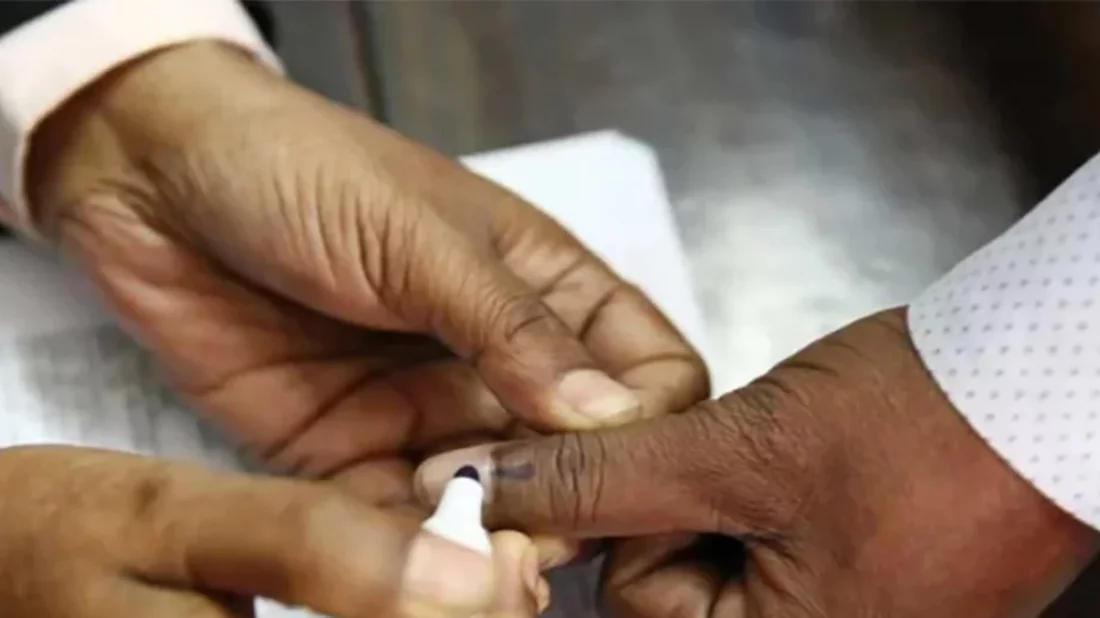What does the current political quarrel mean for Bangladesh’s future?
Karl Marx said: “History repeats itself, first as a tragedy then second as a farce.”
As Bangladesh prepares for its third in row hand-selected election result, the question of to what extent it can continue to be called a democracy has gone beyond theatre.
To briefly recap the main problems: First is the effective outlawing of the opposition through state security measures and judicial targeting of the BNP, and extension of a legal ban on Jamaat-e Islami.
At least one very prominent ruling party voice has been reported to predict that the opposition parties will fade away. Senior party leaders assure their followers that harmonious support for the party will ensue.
Probably many have thought that postponing the election might allow for negotiations, which could possibly re-establish a government-opposition working relationship for a competitive election. I thought so, too, at least, but I may have been naïve before.
The election train has left the station. This experiment in a single-party state in all but name will now run its course.
I agree that the phrase “free and fair elections,” should not be a kampfbegriff (battle term): I more emphatically assert that democracy is an international human right, not merely a local option for isolated nation-states.
The right to choose political representatives is a human right that transcends boundaries and merits global discussion.
I support the idea of a United Nations democracy rapporteur, though note that agencies such the International Institute for Democracy and Electoral Assistance (IDEA) and the National Endowment for Democracy (NED) already perform the role well.
Is not Bangladesh’s origin story how its human and political rights trumped Pakistan’s sovereignty over the territory?
Complete victory in the 2024 election will carry a steep price. The government has already over-invested in removing the opposition and under-invested in the ability of the EC to enforce electoral discipline. As a result, the AL will completely dominate parliamentary seats, whether the government wants to or not.
Where only one party controls all seats, it unleashes a frenzy for the ticket to be the candidate. The AL head office reports a brisk sale of nomination papers. The real money is reportedly what a candidate must contribute to secure the nomination; estimates for a Dhaka nomination were once estimated in the hundreds of thousands of American dollars. The price is surely higher today.
New rounds of bidding for candidacies will see new candidates replace old ones. The seats of coalition partners certainly cannot be guaranteed free of challenge. Existing MPs are vulnerable to new and larger donors. The going price of a Dhaka nomination will surge. The only constraint: future formal and informal income/insurance must be greater than or equal to the cost of entry.
Even if you can’t afford the winning bid on the official nomination, you can still win on an unofficial but related AL ticket. In the end, the central party will accept, as a matter of pragmatism rather than principle, whatever AL candidate is elected. Rank-and-file incumbent MPs may have reason to worry.
Constituency elections could deteriorate into rival intra-party gangs using muscle to secure access to the ballot boxes. Each group will have access to the voter list and the credentials check could be an oral formality. The EC is already denying any such possibility by taking no serious measures to prepare.
The voting count in constituencies will likely not reflect the level of government support. An irony is that the most reliable polling suggested the government already had enough support to win, albeit not easily, in a fair contest. To be clear, the polling cited is not the poll done by the International Republican Institute, of which I only saw press reports that seemed inconclusive.
The election results will distort the picture of public support for the government. They will not provide an accurate guide as to what needs to be addressed by strategic policy planning.
For 15 years, I was a “student” of Bangladesh polling under the tutelage of Mohammad Yusuf (RIP). For 20 years before his return to Dhaka, he worked as chief polling statistician for CBS News in New York. He said of polling in Bangladesh — it is to walk into a dark room.
The government’s lock on the election ends political parties but makes everything political. The stage is set for internal strife by newly sprouting and quarrelling factions. Sworn oaths of fealty will not defer the rise of division. For the Greeks, internal rebellion was an innate urge; Oedipal if you follow the psychiatric discussion.
Bangladesh’s international friends have taken notice and are concerned. The isolationist rebuke by some with strong ties to America and the UK has hurt relations. With all the other troubles in the world, it is very easy to begin “selective disengagement.”
That is a shame, more discussion not less is needed. As I said up front, democracy for the people is an international right and responsibility. Bangladesh in the 1970s played an important part in the clarification of that international right.
The election on January 7, 2024 may have consequences both for internal politics and external credibility. It is too late sadly to change course for the January elections.
The winter of discontent that follows might create new opportunities for discussion.
Owen Lippert is a researcher and activist with expertise in Asian countries.

